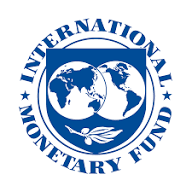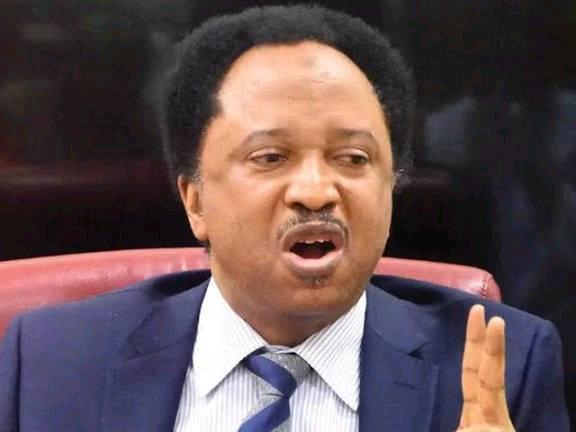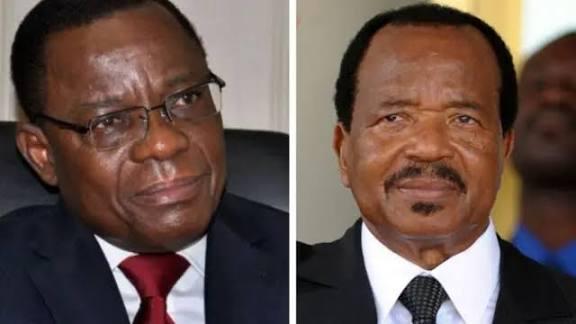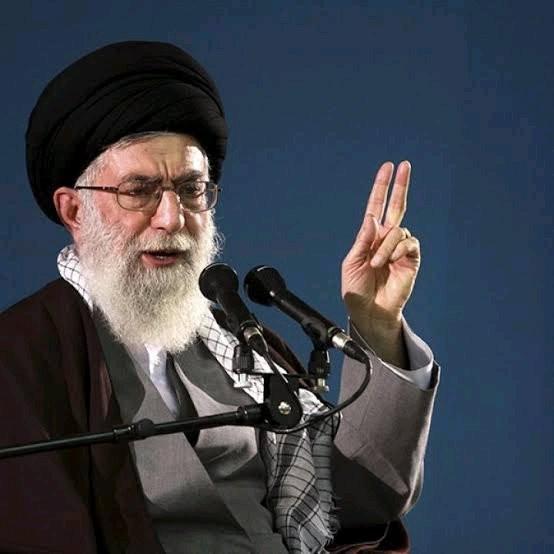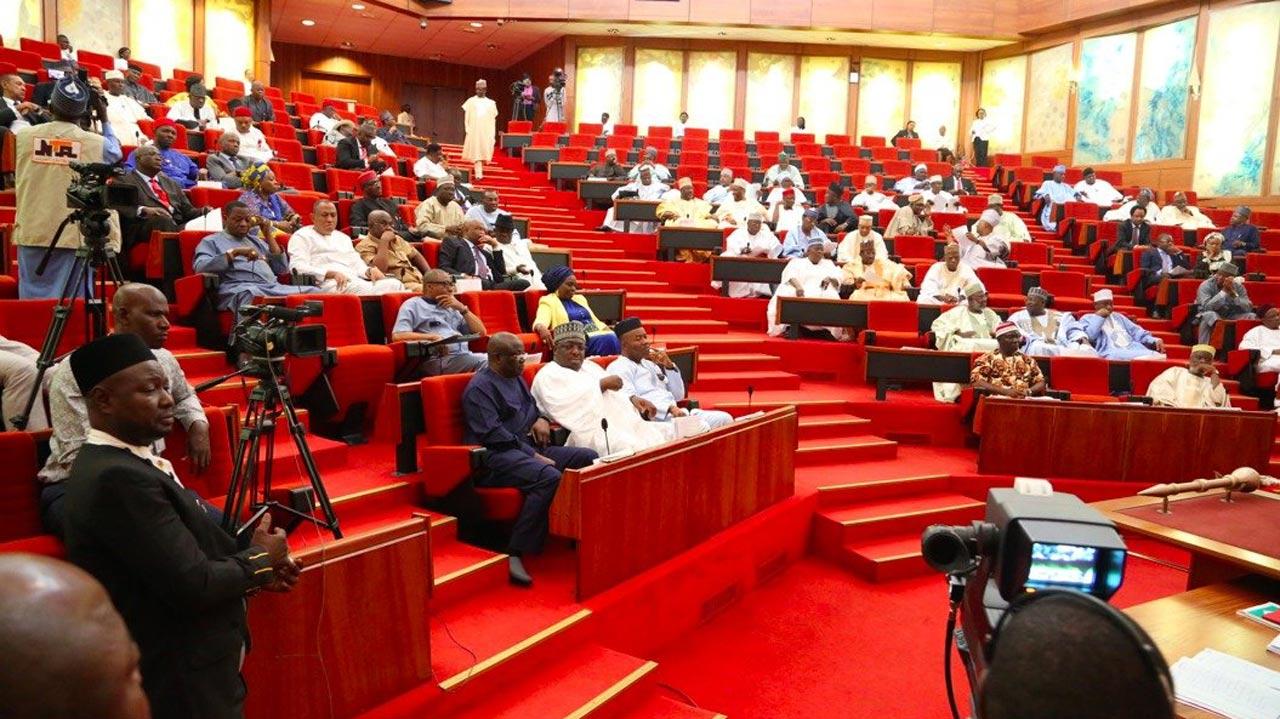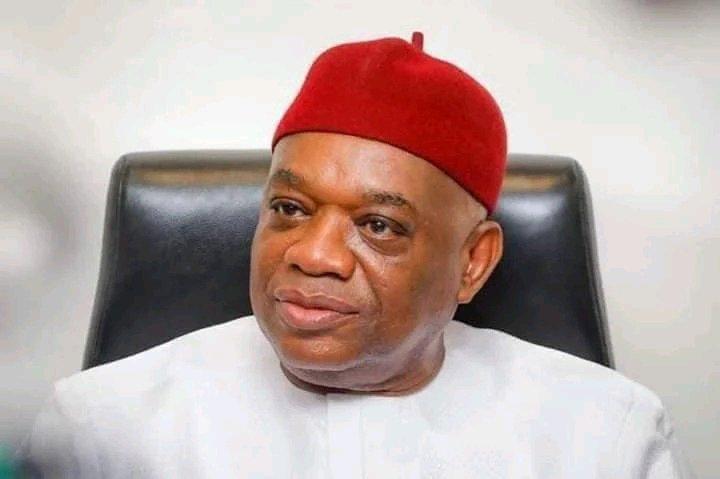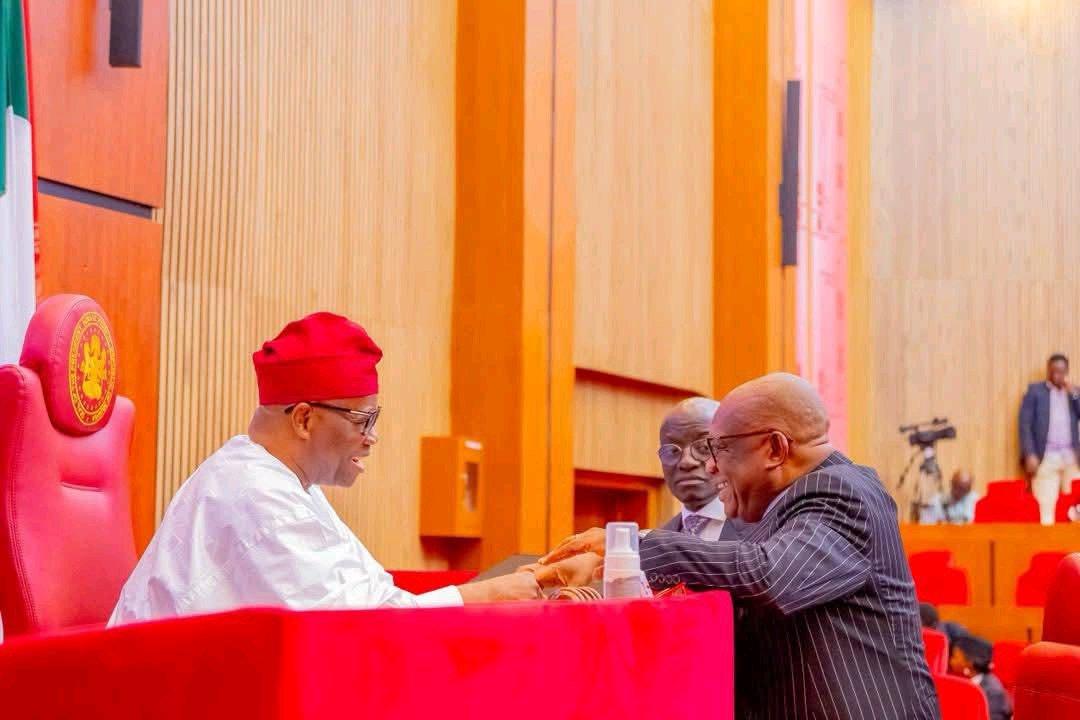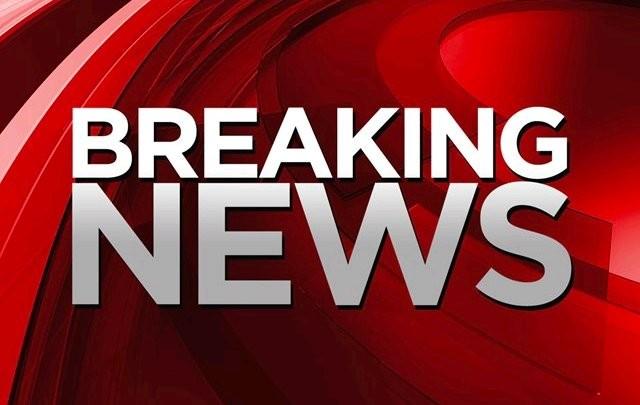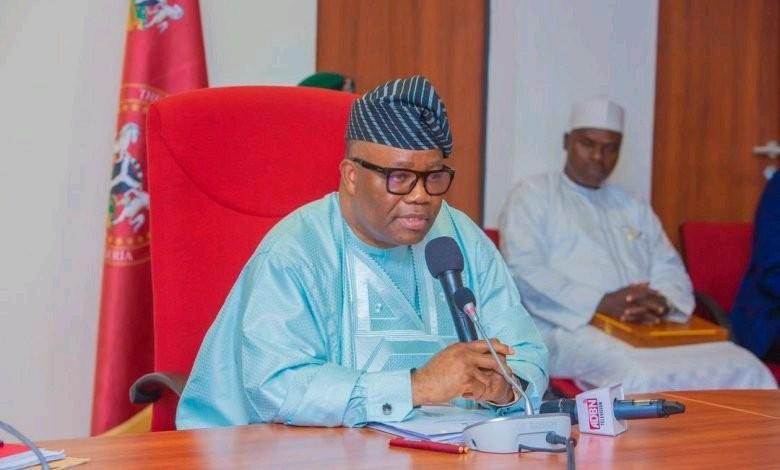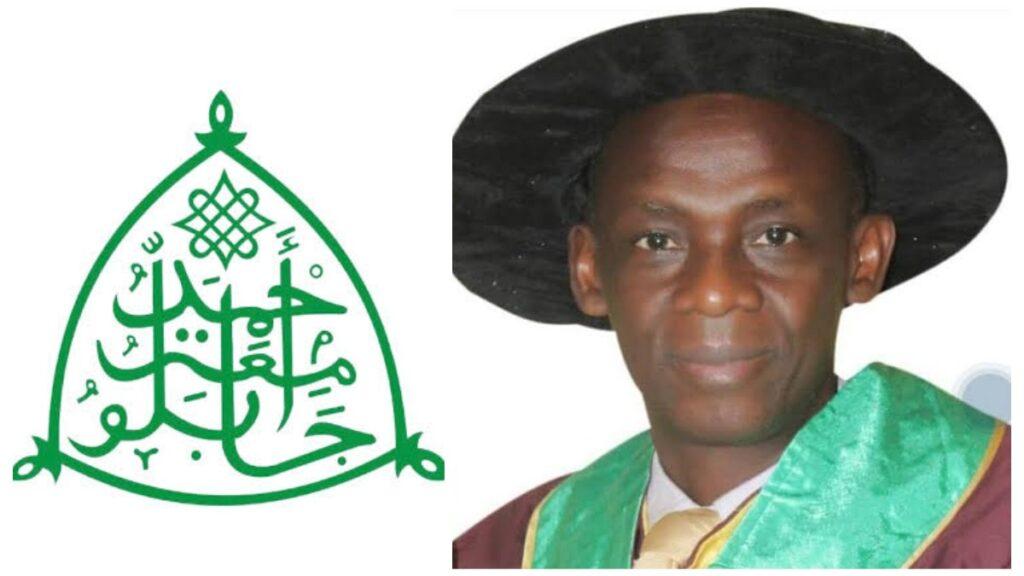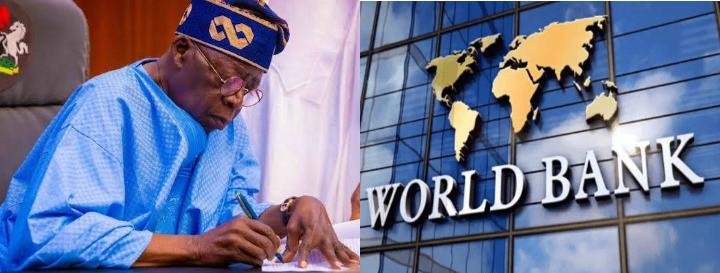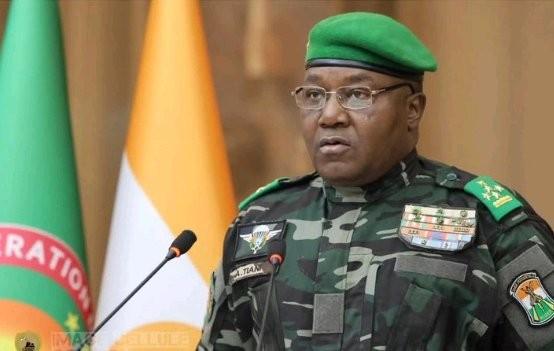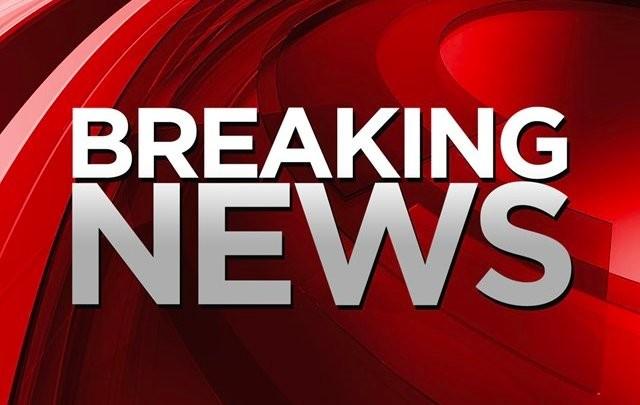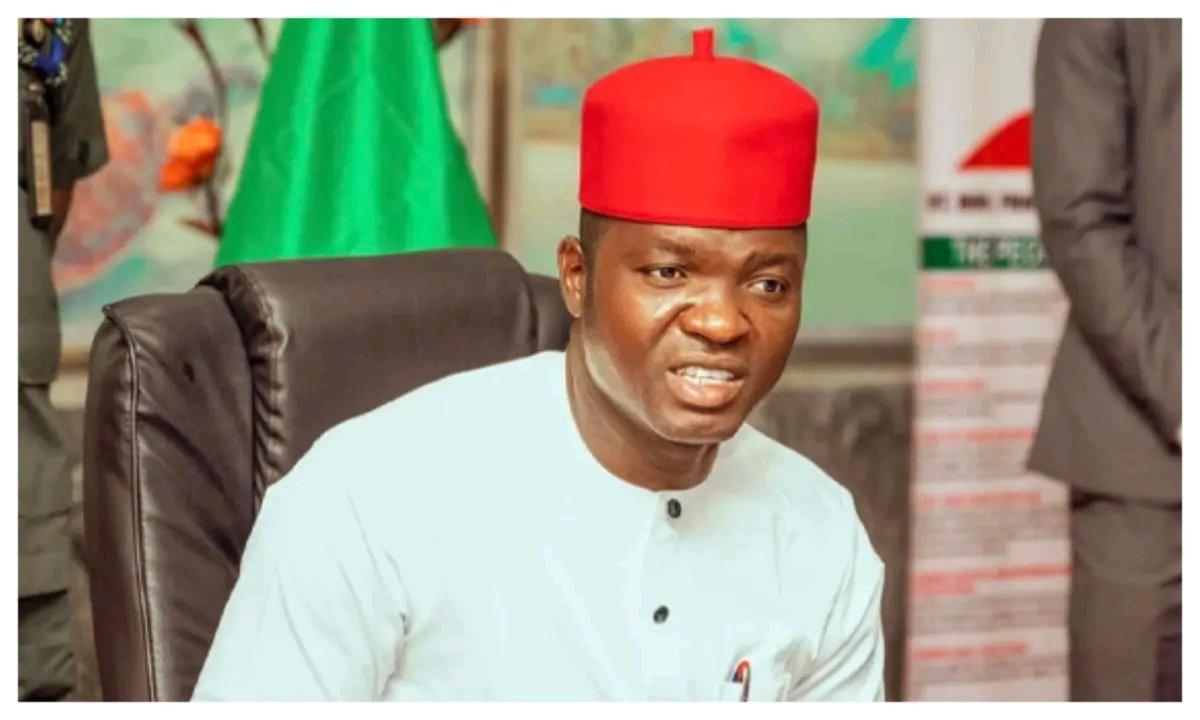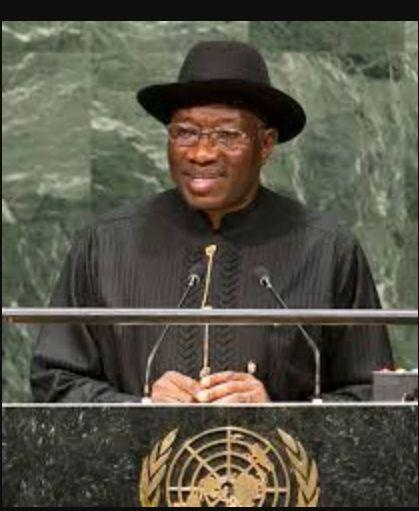IMF excludes Nigeria from list of Africa’s fastest-growing economies, calls for deeper reforms.
Nigeria has been left out of the International Monetary Fund’s latest list of Africa’s fastest-growing economies, sparking fresh discussions about the country’s sluggish growth and persistent structural challenges.
In its newly released Regional Economic Outlook for Sub-Saharan Africa, the IMF highlighted countries such as Benin, Côte d’Ivoire, Ethiopia, Rwanda, and Uganda as the continent’s top performers, projecting regional growth to stabilize around 4.1 percent in 2025.
Despite being Africa’s largest economy, Nigeria failed to make the list, reflecting what analysts describe as a combination of weak reforms, high inflation, and over-dependence on oil revenues. The IMF also warned that many African nations, including Nigeria, face growing fiscal pressures as governments turn to domestic banks for financing amid limited external funding opportunities.
According to the report, these fiscal and monetary imbalances, along with rising inflation and exchange-rate instability, continue to dampen Nigeria’s growth outlook. The Fund advised countries in the region to adopt sound fiscal policies, strengthen revenue mobilization, and diversify their economies to cushion against global shocks.
Experts say Nigeria’s omission underscores the urgent need for deeper reforms in public finance, infrastructure, and governance. While some progress has been made under ongoing policy adjustments, the IMF’s findings suggest the country still lags behind peers that have successfully implemented aggressive economic diversification and investment-friendly strategies.
Nigeria has been left out of the International Monetary Fund’s latest list of Africa’s fastest-growing economies, sparking fresh discussions about the country’s sluggish growth and persistent structural challenges.
In its newly released Regional Economic Outlook for Sub-Saharan Africa, the IMF highlighted countries such as Benin, Côte d’Ivoire, Ethiopia, Rwanda, and Uganda as the continent’s top performers, projecting regional growth to stabilize around 4.1 percent in 2025.
Despite being Africa’s largest economy, Nigeria failed to make the list, reflecting what analysts describe as a combination of weak reforms, high inflation, and over-dependence on oil revenues. The IMF also warned that many African nations, including Nigeria, face growing fiscal pressures as governments turn to domestic banks for financing amid limited external funding opportunities.
According to the report, these fiscal and monetary imbalances, along with rising inflation and exchange-rate instability, continue to dampen Nigeria’s growth outlook. The Fund advised countries in the region to adopt sound fiscal policies, strengthen revenue mobilization, and diversify their economies to cushion against global shocks.
Experts say Nigeria’s omission underscores the urgent need for deeper reforms in public finance, infrastructure, and governance. While some progress has been made under ongoing policy adjustments, the IMF’s findings suggest the country still lags behind peers that have successfully implemented aggressive economic diversification and investment-friendly strategies.
IMF excludes Nigeria from list of Africa’s fastest-growing economies, calls for deeper reforms.
Nigeria has been left out of the International Monetary Fund’s latest list of Africa’s fastest-growing economies, sparking fresh discussions about the country’s sluggish growth and persistent structural challenges.
In its newly released Regional Economic Outlook for Sub-Saharan Africa, the IMF highlighted countries such as Benin, Côte d’Ivoire, Ethiopia, Rwanda, and Uganda as the continent’s top performers, projecting regional growth to stabilize around 4.1 percent in 2025.
Despite being Africa’s largest economy, Nigeria failed to make the list, reflecting what analysts describe as a combination of weak reforms, high inflation, and over-dependence on oil revenues. The IMF also warned that many African nations, including Nigeria, face growing fiscal pressures as governments turn to domestic banks for financing amid limited external funding opportunities.
According to the report, these fiscal and monetary imbalances, along with rising inflation and exchange-rate instability, continue to dampen Nigeria’s growth outlook. The Fund advised countries in the region to adopt sound fiscal policies, strengthen revenue mobilization, and diversify their economies to cushion against global shocks.
Experts say Nigeria’s omission underscores the urgent need for deeper reforms in public finance, infrastructure, and governance. While some progress has been made under ongoing policy adjustments, the IMF’s findings suggest the country still lags behind peers that have successfully implemented aggressive economic diversification and investment-friendly strategies.
0 Comentários
·0 Compartilhamentos
·244 Visualizações



